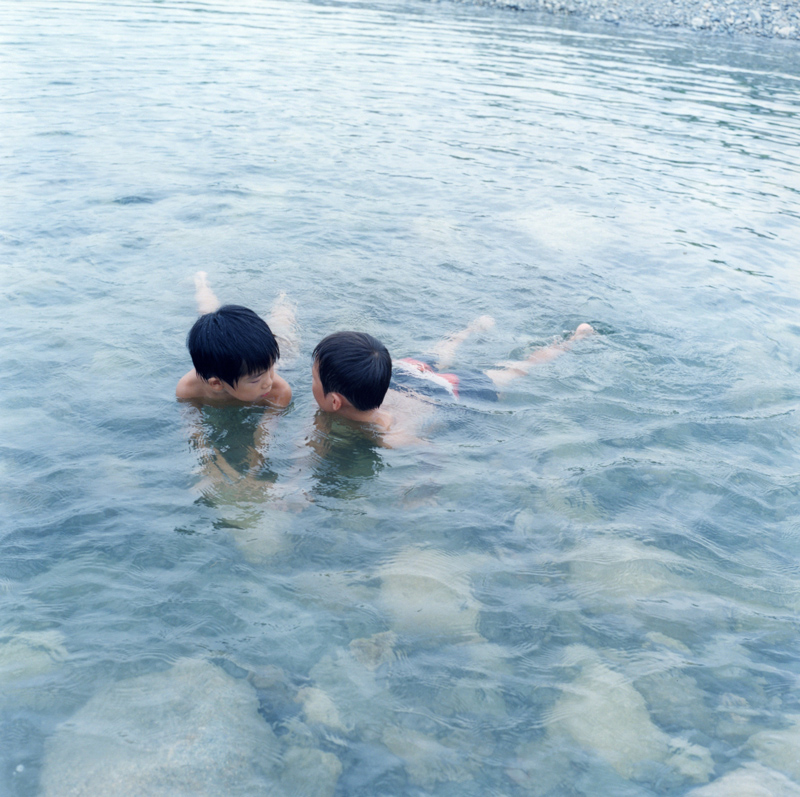
Throughout its 60-year history Aperture has never turned away from its hallmarks: an abiding respect for photography as an artistic medium and a tireless encouragement of the free exchange of ideas. From its founding in 1952 through the present, the foundation has always attracted the leading image-makers of the day, and it is only fitting this anniversary serve as a time to reflect on the past. In the celebratory exhibition Aperture Remix, this instinct towards nostalgia is focused on a reflection of photographic influence.
Curator Lesley Martin invited ten contemporary photographers to look back on past Aperture publications, choose a personally influential example and pay artistic homage through appropriation and modification. Martin went to great lengths to select artists explaining, “I was looking at a range of people who could represent the directions that photography is moving in now, the way documentary is shifting, and the way digital is being incorporated into photographic practice.”
The diversity is apparent, and artists selected span both space and time. Japanese artist Rinko Kawauchi drew inspiration from American photographer’s Sally Mann’s Immediate Family, created more than a continent away. Meanwhile, Alec Soth selected Robert Adams’ Summer Nights, which he reinterpreted into a video, Summer Nights at the Dollar Tree, 2012. When explaining his reasoning for working with Robert Adam’s past publication he says, “Over time, you begin to understand influences and the nuances of what makes your own work different.” The other artists commissioned to create work include Vik Muniz, Taiyo Onorato & Nico Krebs, Martin Parr, Viviane Sassen, Penelope Umbrico, James Welling and Doug Rickard, who chose to remix Stephen Shore’s Uncommon Places.
While the initial assignment could be read as encouraging passive appropriation, Rickard’s approach to Stephen Shore’s Uncommon Places is an example of how remixing encouraged unexpected results. Instead of physically intervening with the publication, Rickard decided to analyze the influences that affected it to create his expansive homage. After reading several interviews and text on Shore’s work, Rickard honed in on postcards as a source of inspiration for Uncommon Places through their unique and plain depictions of America. Reminiscent of the great American road trip, Rickard took a digital road trip on eBay to scavenge hundreds of thousands of postcards for his re-imagining. From this wide edit he narrowed down to a smaller set of candidates he felt had the appropriate ingredients that would yield imagery most reminiscent of the original 8 x 10 photographs in Shore’s publication.
“I spent hundreds of hours doing it because his book is so iconic, and I felt homages or anything that is connected to something iconic is always tricky,” Rickard says. “It was important that I did something that was worthy—and fitting of this era too—which is the digital era.”
Although the outcomes are decidedly mixed, the assignment uniformly challenged each artist to wrestle through the issue of influence. In an age of image abundance, it may seem easier to ignore icons for fear of looming too close to previous concepts—but to process and pay tribute is equally demanding. The moral of the story could be “don’t try anything ever,” but figuring out how strong each contributing artists’ voice is within all their layers of consideration is what makes Aperture Remix such an engaging exhibition.
Aperture Remix is on view at Aperture Gallery in New York from Oct. 17—Nov. 17. See more information here.
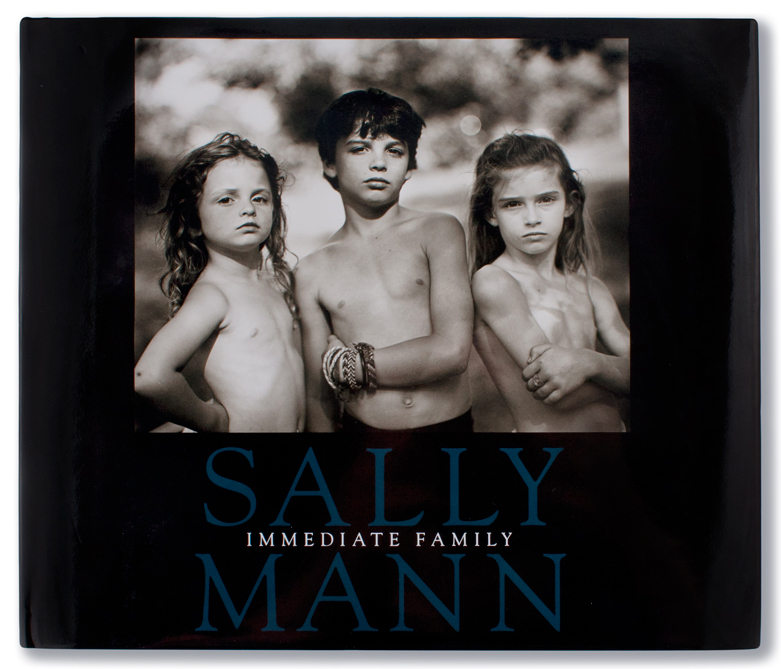
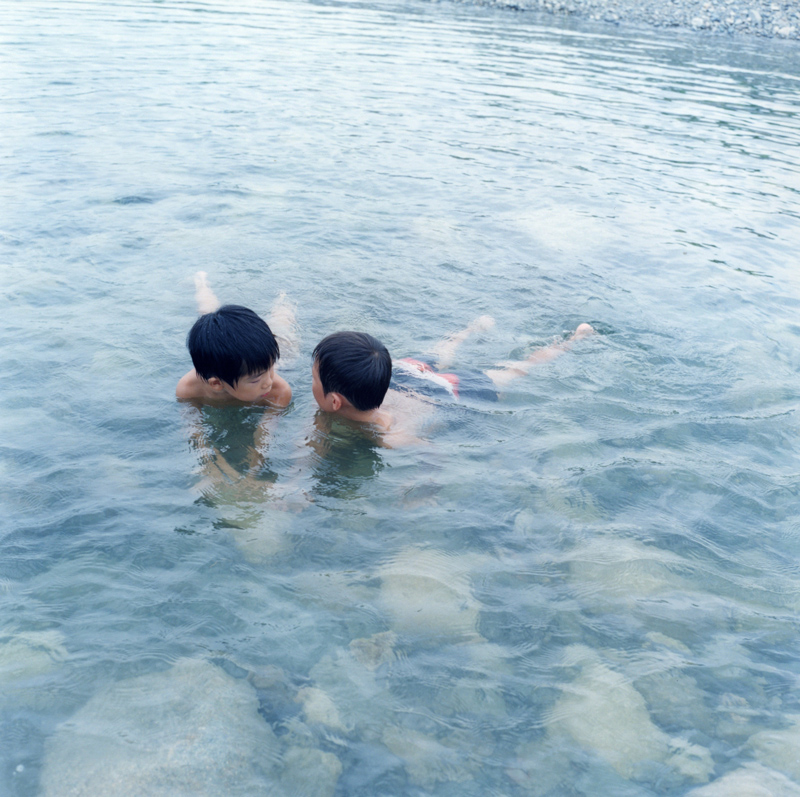
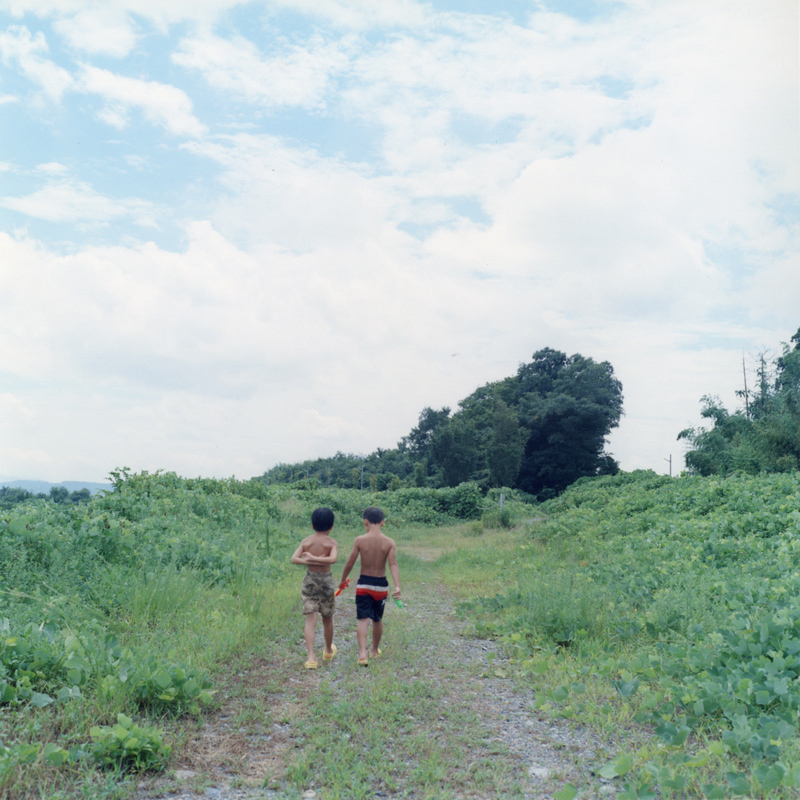
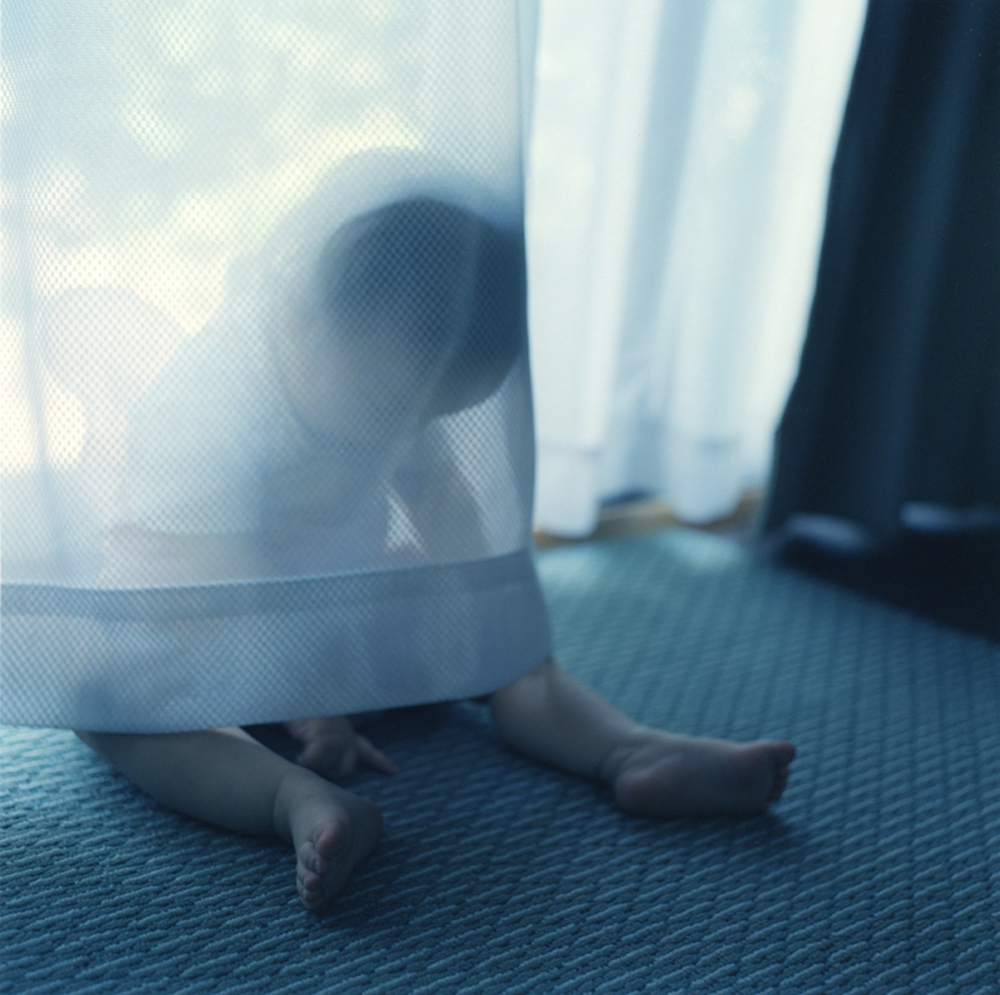
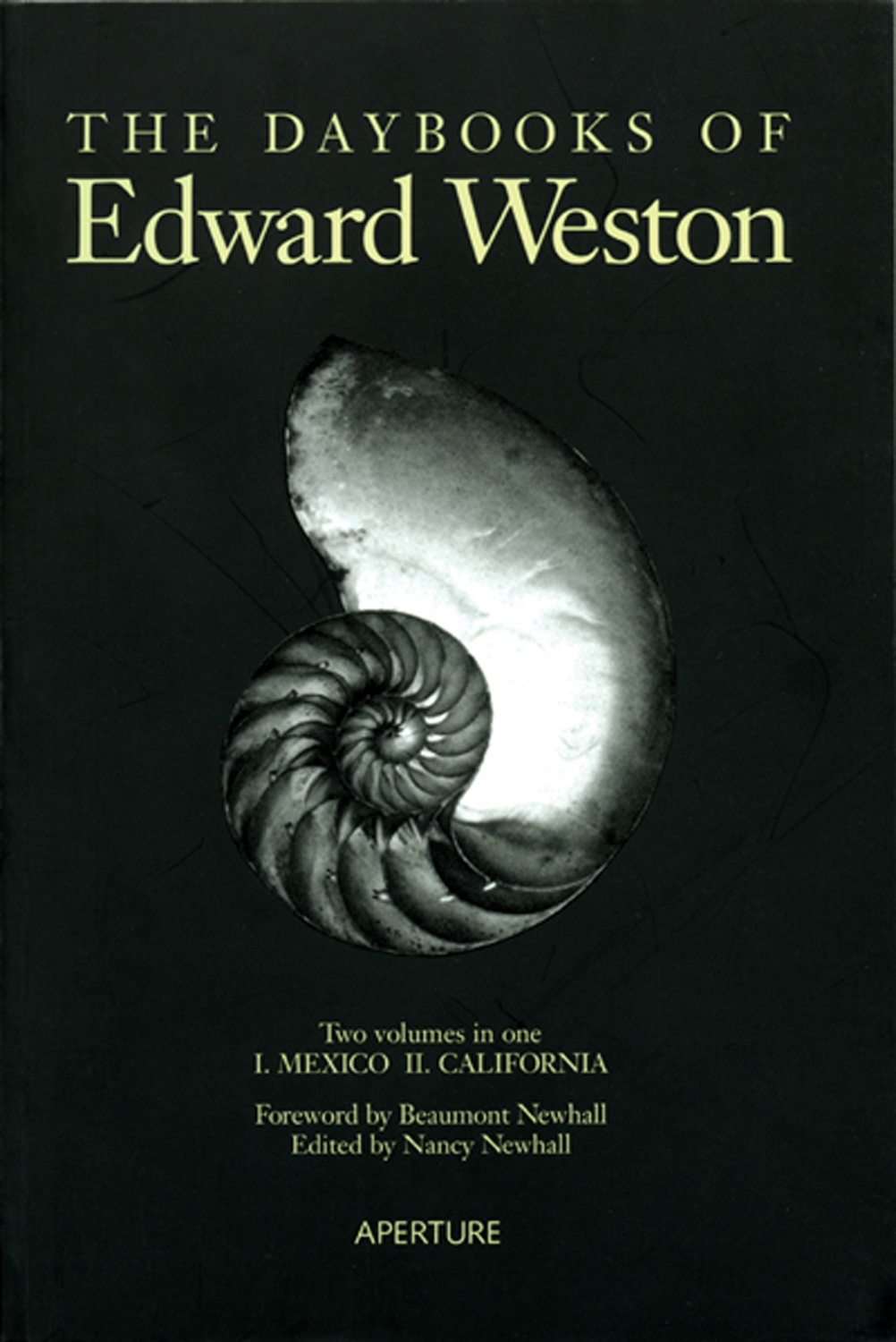
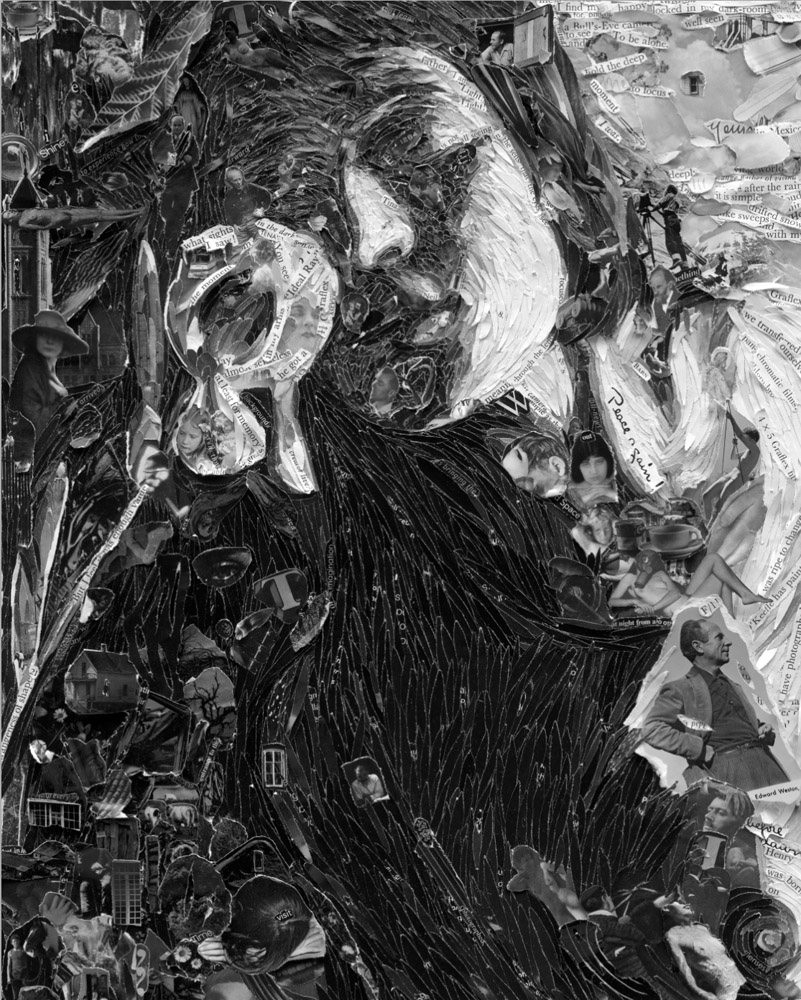
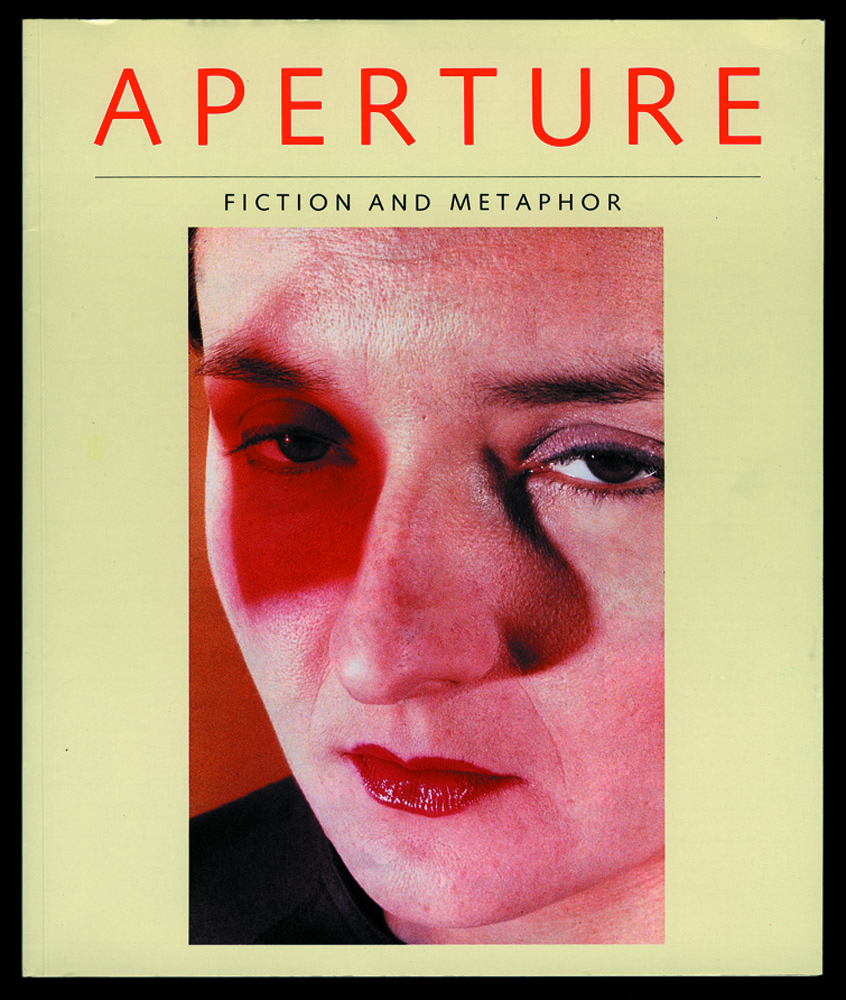
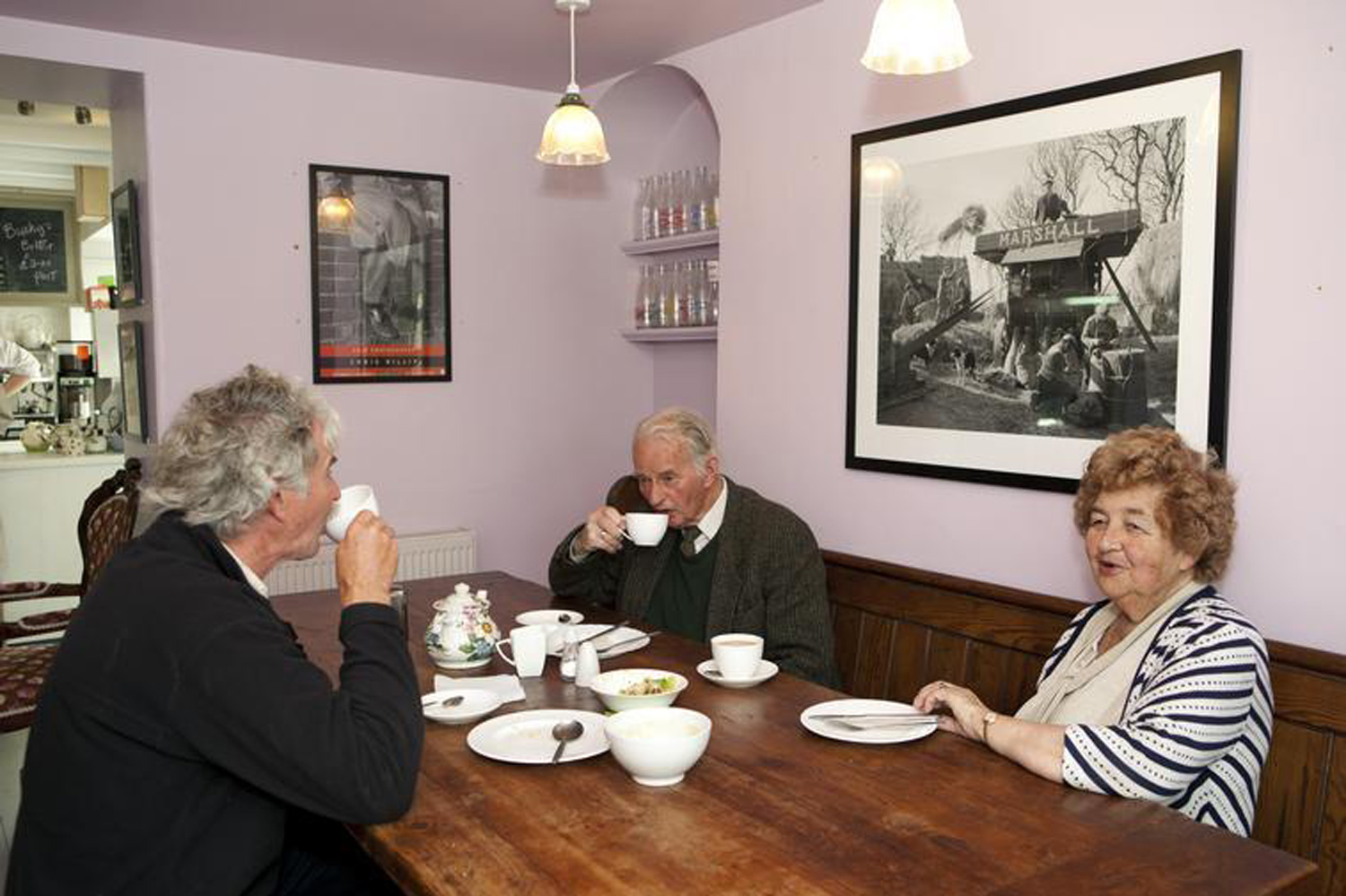
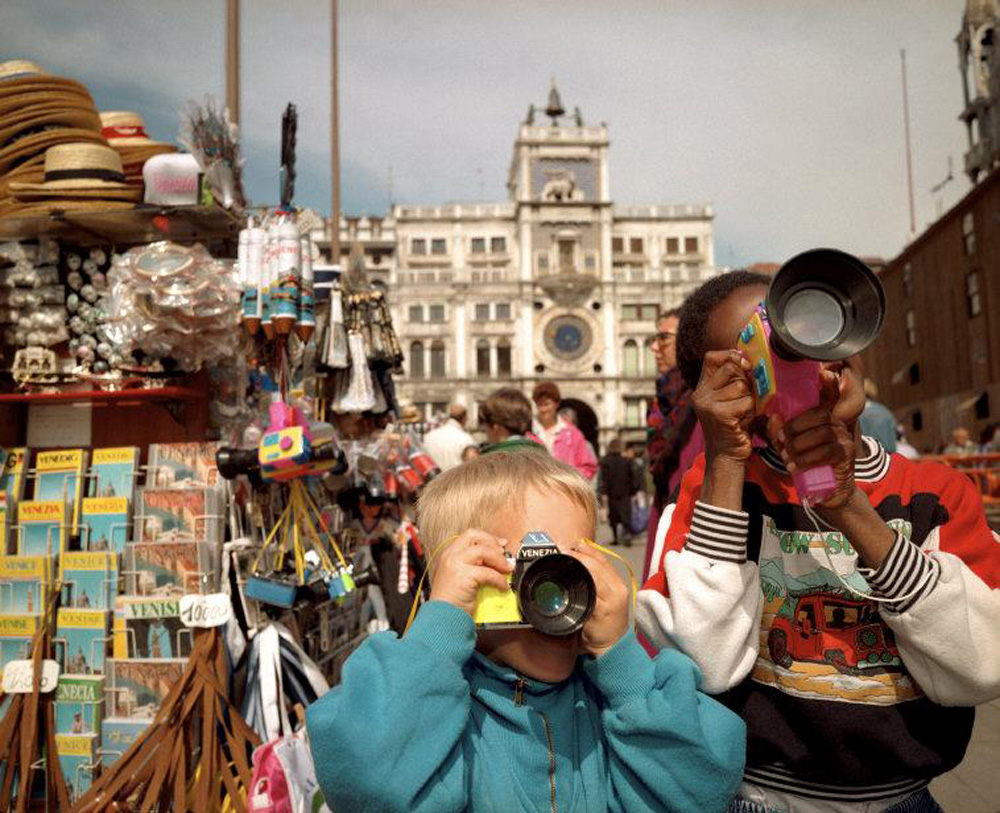
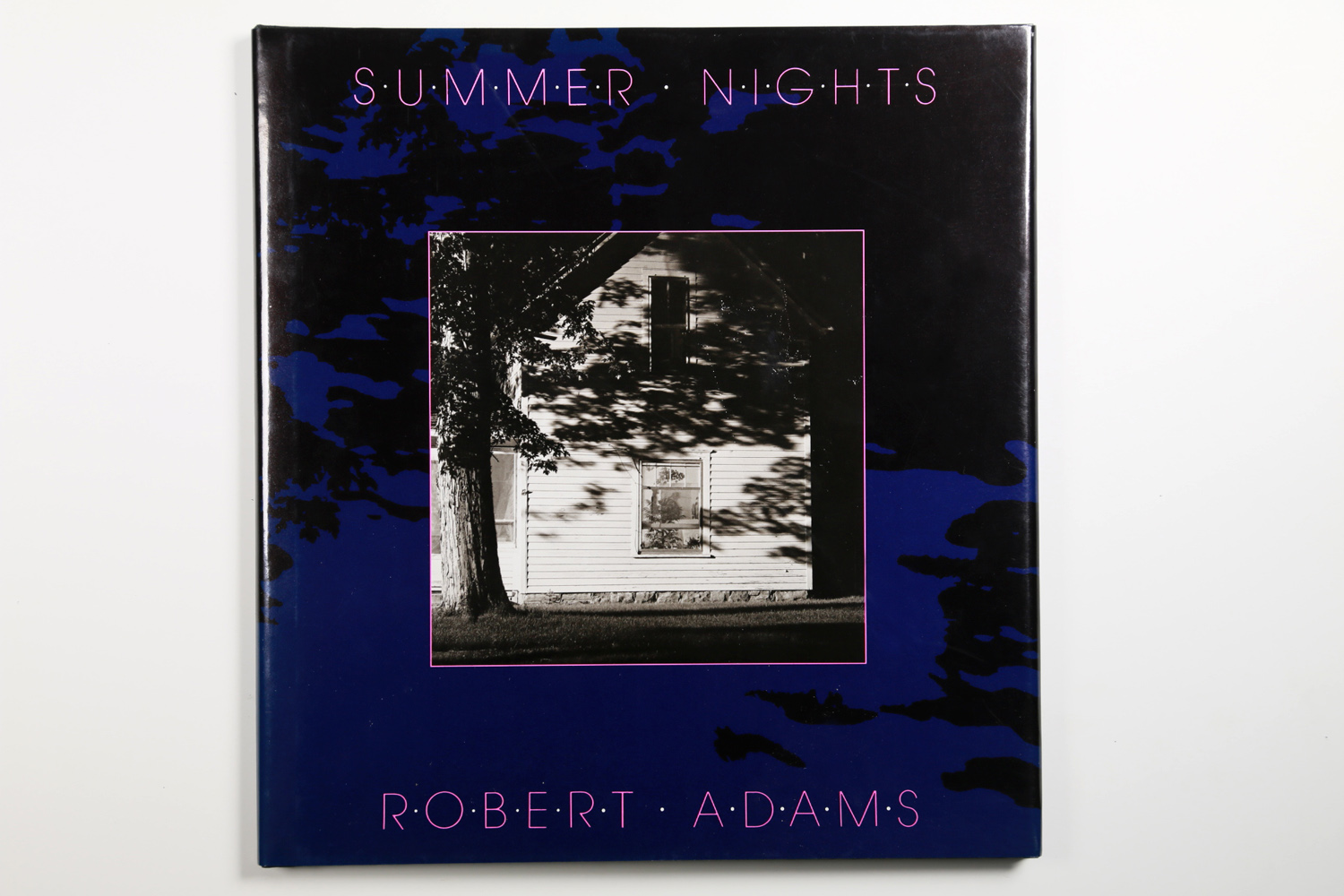
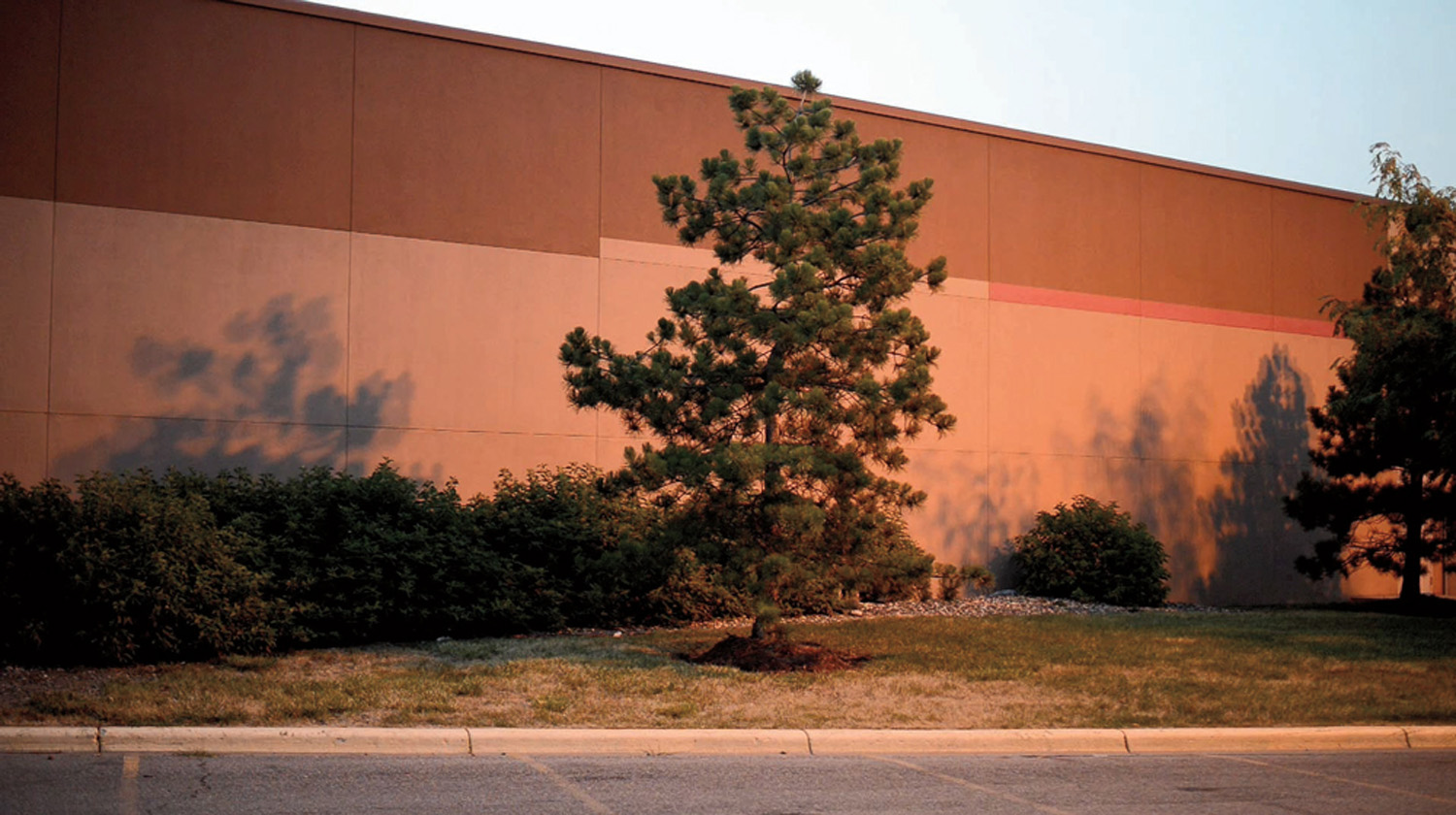
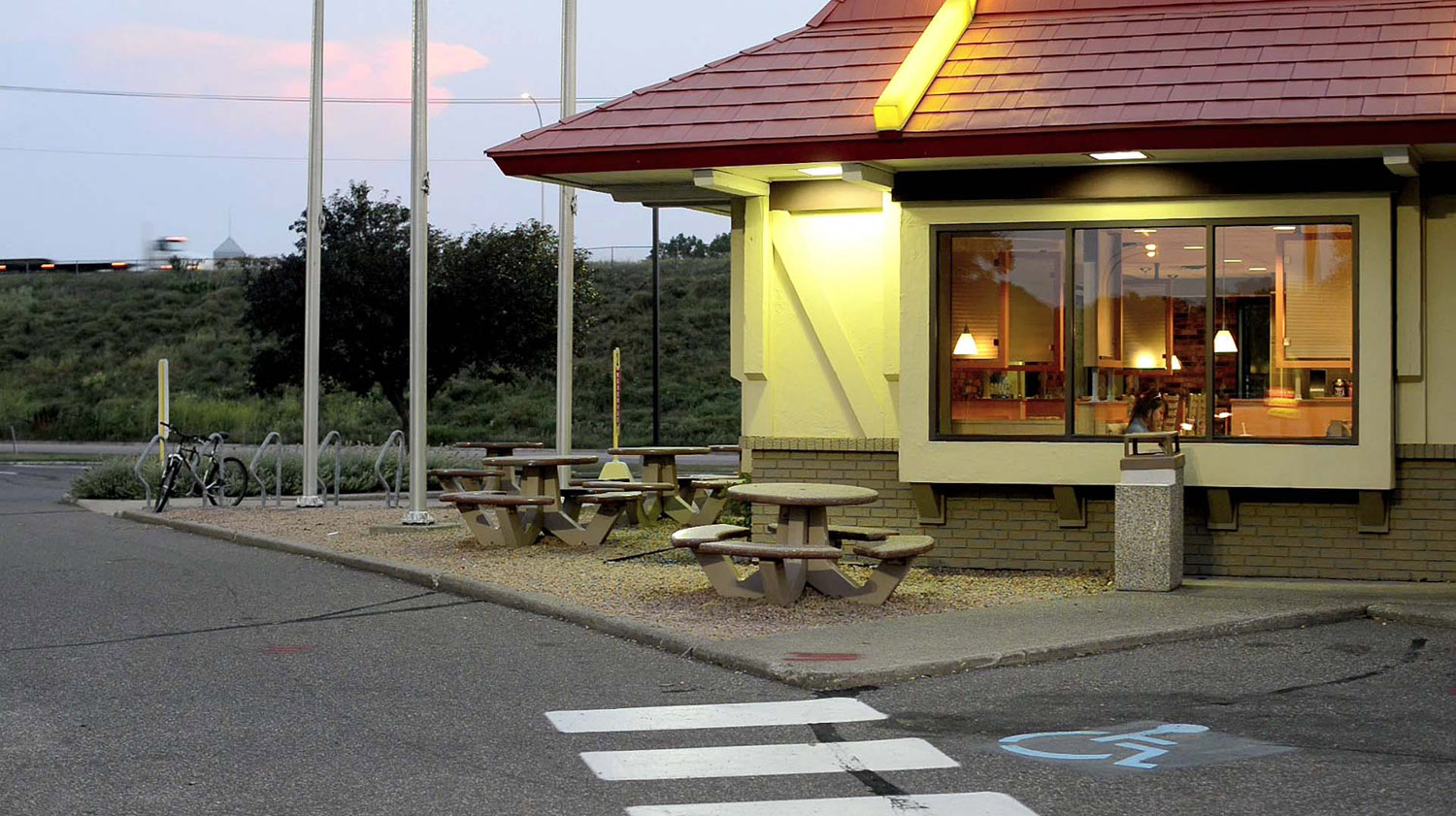
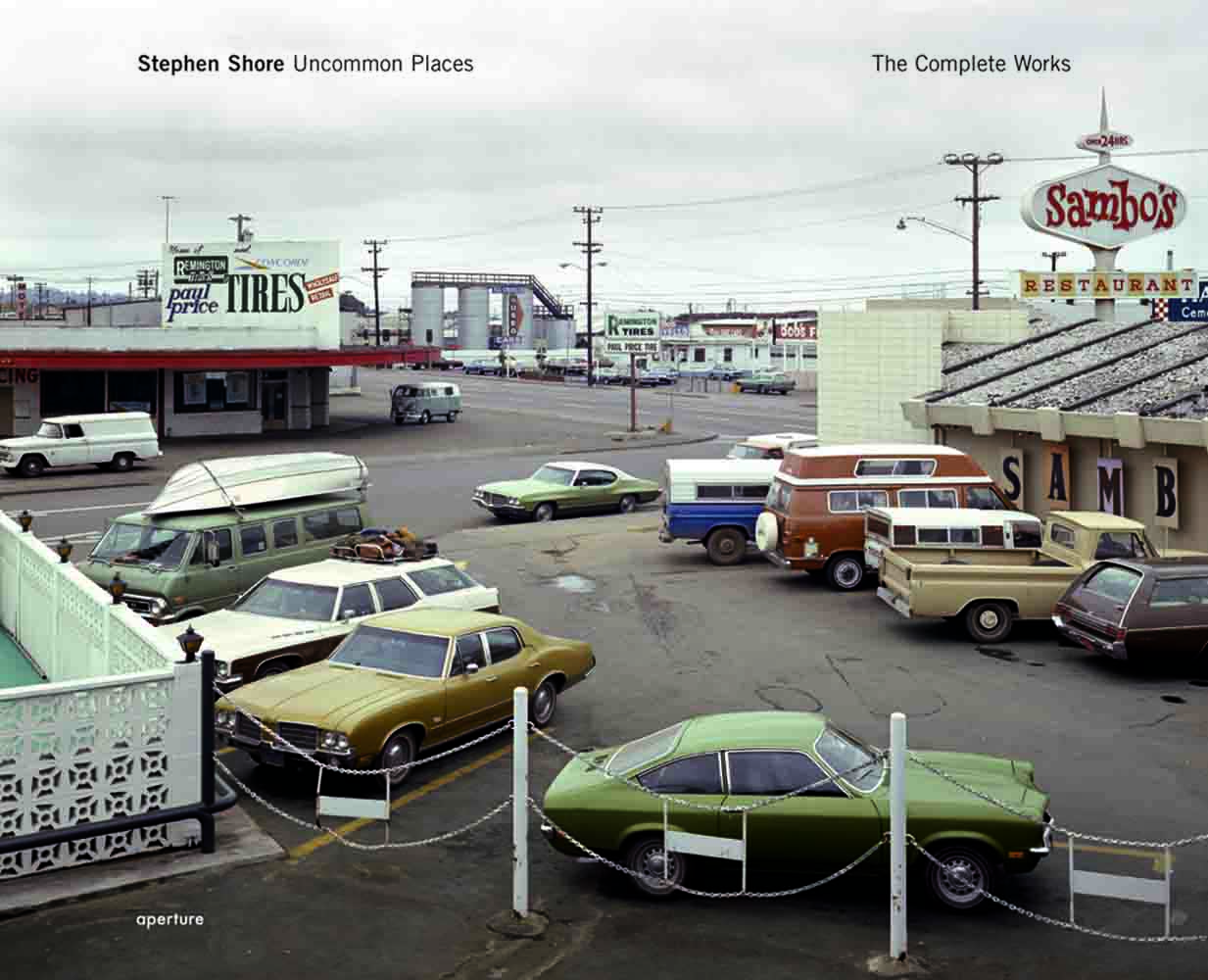
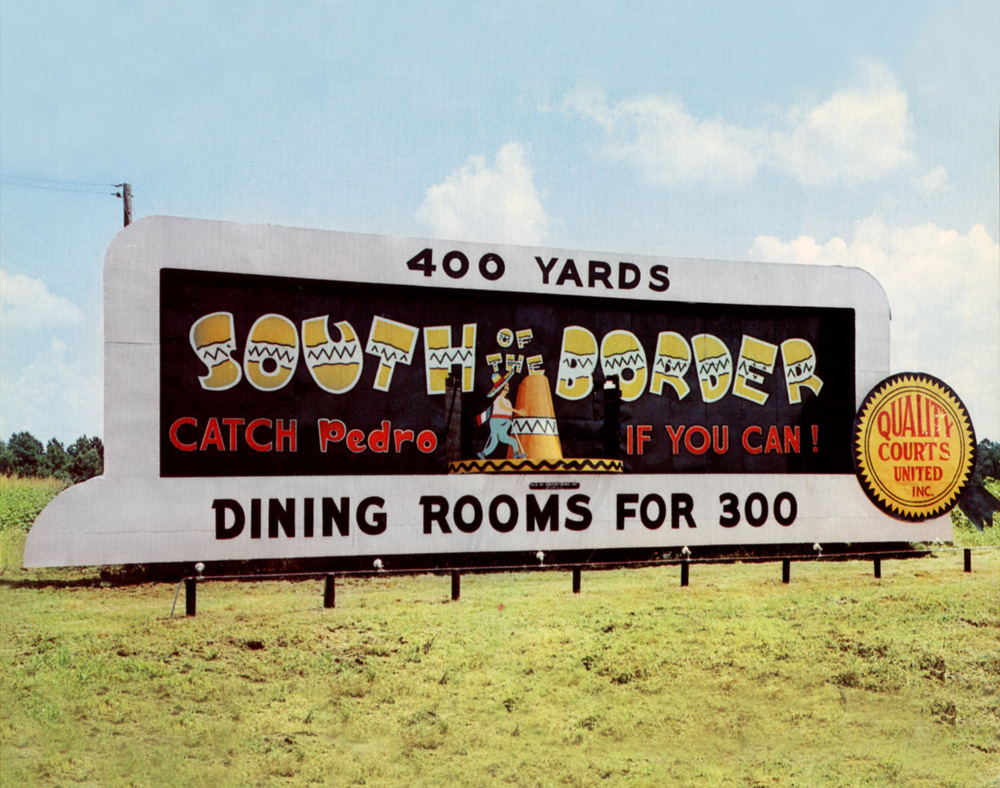
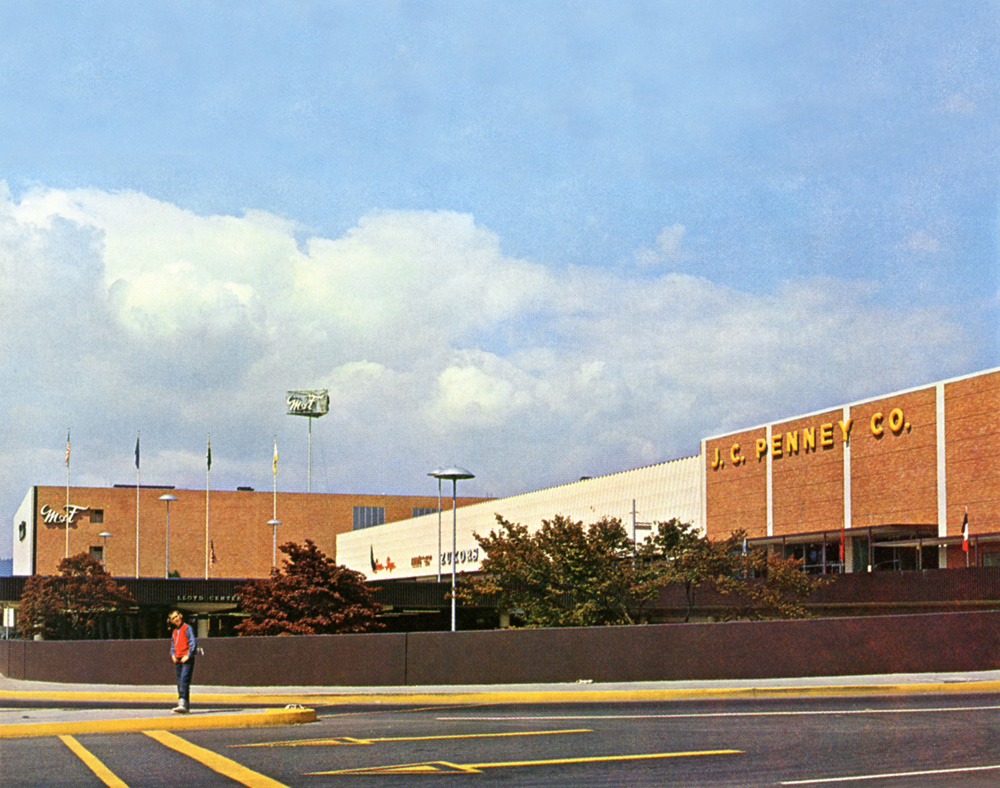
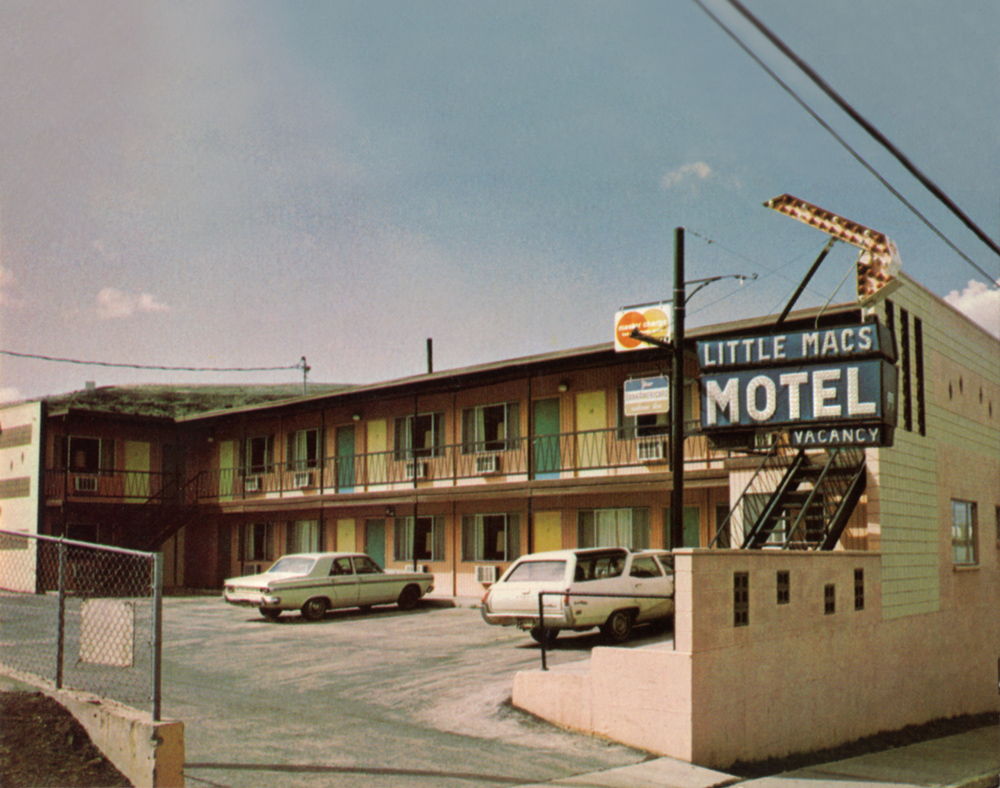
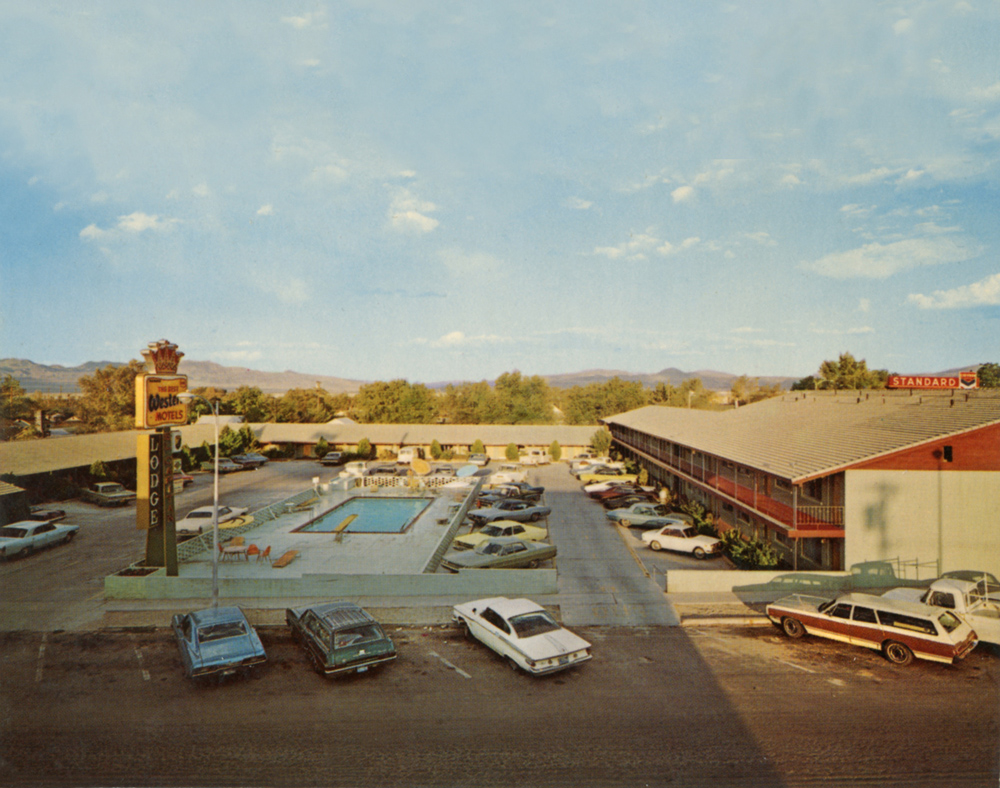
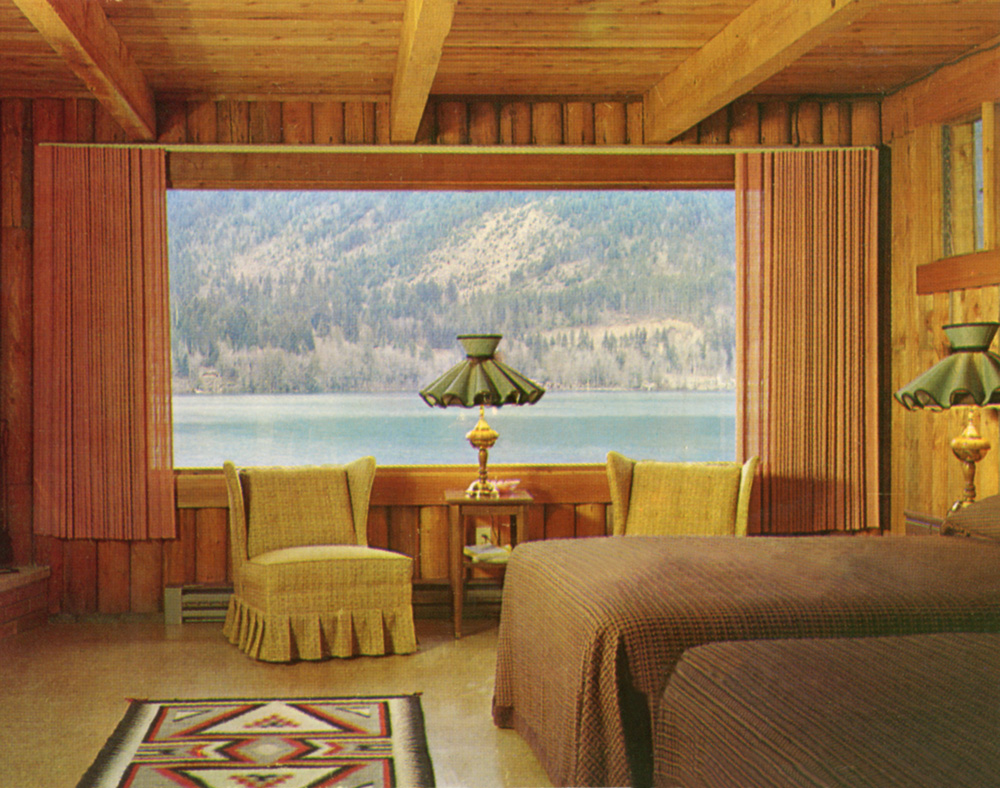
More Must-Reads from TIME
- Why Biden Dropped Out
- Ukraine’s Plan to Survive Trump
- The Rise of a New Kind of Parenting Guru
- The Chaos and Commotion of the RNC in Photos
- Why We All Have a Stake in Twisters’ Success
- 8 Eating Habits That Actually Improve Your Sleep
- Welcome to the Noah Lyles Olympics
- Get Our Paris Olympics Newsletter in Your Inbox
Contact us at letters@time.com